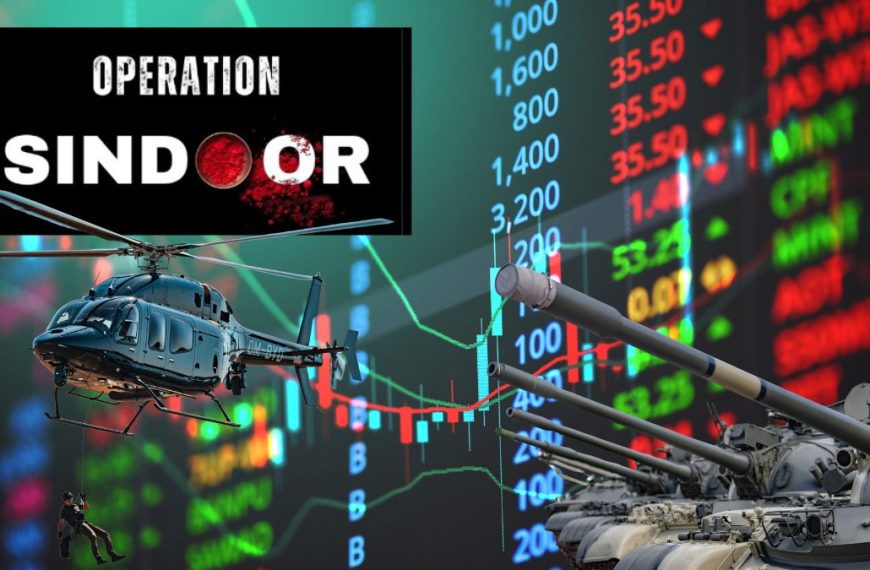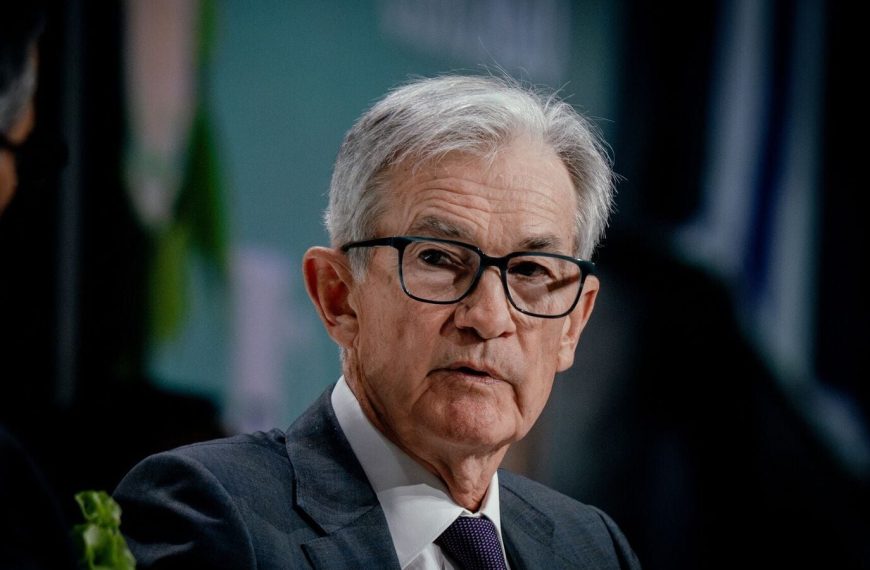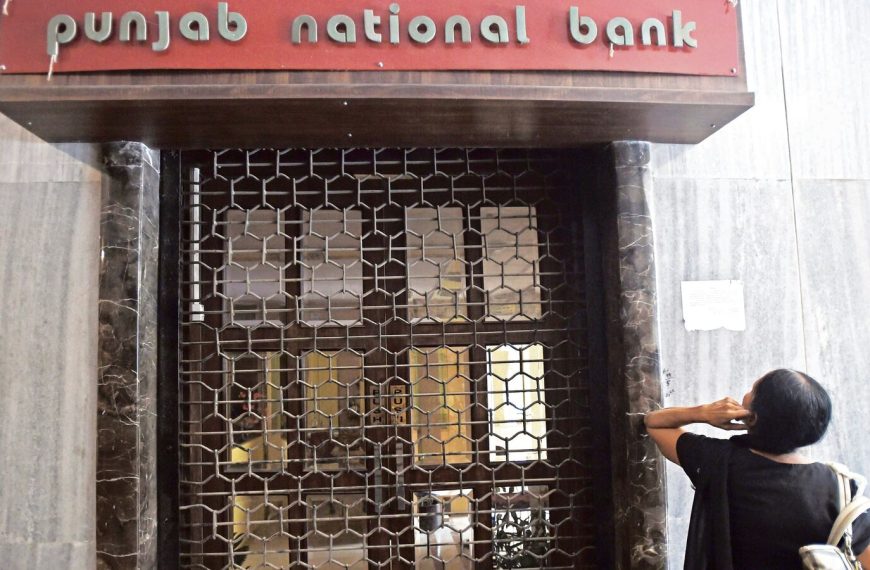On Monday, U.S. President Donald Trump hinted at the potential introduction of sector-specific tariffs on pharmaceuticals within the next two weeks, causing a significant dip in the stock prices of Indian pharmaceutical companies. Despite the alarming news, industry leaders remain optimistic, suggesting that any immediate action from Washington is unlikely.
Tariff Concerns and Industry Reactions
The U.S. Department of Commerce (DOC) is expected to take months to finalize its investigation into pharmaceutical imports, which is currently being conducted under Section 232 of the Trade Expansion Act. This examination is focused on the national security aspects of drug imports.
- The public consultation phase for this investigation will wrap up on May 7.
- Following this, the DOC will have 270 days to review the feedback and complete its report for the President.
- Industry insiders believe that tariffs are unlikely to materialize before this process concludes.
A senior official from a prominent pharma association, speaking on the condition of anonymity, expressed confidence, stating, “We don’t foresee any tariffs being implemented prior to the completion of this lengthy review process.”
Recent Tariff Announcements
Earlier this month, on April 4, Trump announced plans for "unprecedented" tariffs, just days after imposing a 26% tariff on various Indian exports, excluding pharmaceuticals and a few other sectors. While these tariffs are currently on hold until June 7, the situation remains fluid, with discussions around additional tariffs on medicines potentially occurring during this interim period.
Regulatory Changes and Domestic Manufacturing
In an effort to bolster domestic pharmaceutical production, Trump signed an executive order on Monday aimed at expediting the approval process for pharmaceutical manufacturing facilities in the U.S. This directive instructs the U.S. Food and Drug Administration (FDA) to streamline reviews and collaborate with local manufacturers.
- A senior pharma executive noted, “We appreciate the administration’s initiative to hasten regulatory approvals for new pharmaceutical plants. Indian companies could benefit significantly from this move.”
Market Impact and Future Prospects
The announcement led to a notable decline in the Nifty pharma index, which dropped by 1.11% as major pharmaceutical firms experienced sharp stock decreases.
Experts warn that imposing tariffs on pharmaceutical imports could exacerbate the existing shortages of generic drugs in the U.S. healthcare system, which has been struggling since 2023. India is a crucial supplier of affordable generic medications, holding nearly 47% of the U.S. generics market share.
India’s Role in the Global Pharma Landscape
India has consistently worked to lower tariffs on essential medications to make treatments more affordable for patients. In the recent Union Budget, the government proposed eliminating basic customs duties on 36 life-saving drugs and applying a 5% concessional customs duty on six additional medicines.
For the fiscal year 2024-25, India exported $6.6 billion worth of pharmaceutical products to the U.S., while imports from the U.S. were valued at $308.4 million. In total, India’s drug exports to the U.S. reached $8.1 billion in 2023-24. Although the U.S. is eager to boost pharmaceutical exports to India, challenges such as stringent patent laws and price controls continue to hinder progress.
As the situation develops, the pharmaceutical industry will closely monitor these changes, preparing for both opportunities and challenges ahead.











